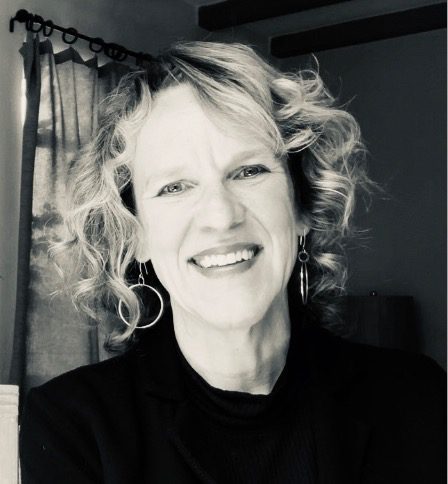What if you could approach daily life with the same mindset you have when engaging in a favorite playful activity that makes you feel fully alive? What aspect of your life would benefit from a more playful approach — one that’s less intent on a particular outcome and more open to spontaneity, discovery, and joy?
The core principles of grateful living — joy, belonging, imperfection, awe, and hope — can all be cultivated through play. Br. David Steindl-Rast reminds us that it’s only when we play that we truly celebrate the gift of being alive, here and now, in this current embodied form. In this sense, play is a powerful manifestation of gratefulness. It’s a practice of noticing, savoring, and saying yes to the possibilities that exist in our daily lives.
Step One: Remember and Take Notice
Close your eyes and bring to mind an experience of play when you felt fully alive and present. Maybe it’s the last time you danced, took an adventurous walk, went to a concert or ball game. Or perhaps it’s a memory from childhood when you were free to play without thought of time, purpose, or outcome. Allow yourself sufficient time to call forth a positive experience of play, whether yesterday or long ago.
Once you’ve got a vivid memory in mind, make a list of the qualities that this experience of play evoked in you. It might look something like this:
- When I was playing, I was more able to laugh at my mistakes.
- When I was immersed in play, I was liberated from my task list…I was smiling!
- Because it was play, I was more comfortable taking risks and being vulnerable.
Step Two: Put These Qualities to Work!
Identify something in your life that would benefit from a more playful approach. Is it a daily task like driving your kids to school or preparing meals? Is it a work project? An important relationship in your life? Perhaps the desire for your own improved well-being? Take your time to identify a specific area of your life where the playful qualities you named above could be usefully applied.
Building on the examples offered in step one, your reflection might look something like this:
- I’m looking to deepen my connection with a family member, and I’m realizing that if I could laugh at myself a bit more easily, it would soften this relationship.
- I’ve been longing to propose a new project at work, and approaching it more playfully would allow me to be more vulnerable.
Choose something that is actionable, something that you can experiment with today or in the near future.
Step Three: Reflect
As you practice applying the qualities of play to other areas of your life, take time to reflect on any changes that occur in your sense of well-being, in your work, in your relationships, and in your own heart.
Is there any sense of lightness or liberation?s you practice applying what you experience in play to other areas of your life, take time to reflect on any changes that occur in your sense of well-being, in your work, in your relationships, and in your own heart. We hope you’ll find that play is not only for fun but is a key ingredient of greater meaning and joy in your daily life.
- What does it feel like to approach your life with a more playful mindset?
- What possibilities emerge?
- Is there any sense of lightness or liberation?
Photo by Loren Joseph
The Anatomy of Gratefulness: Say Yes to Life
Wondering what it truly means to live a grateful life and how to do it? In this on-demand course, learn guiding principles for living gratefully every day, try daily practices that can guide you in challenging and joyful times, explore what scientific research and spiritual wisdom have to say about the benefits of living gratefully, and more.






Comments are now closed on this page. We invite you to join the conversation in our new community space. We hope to see you there!